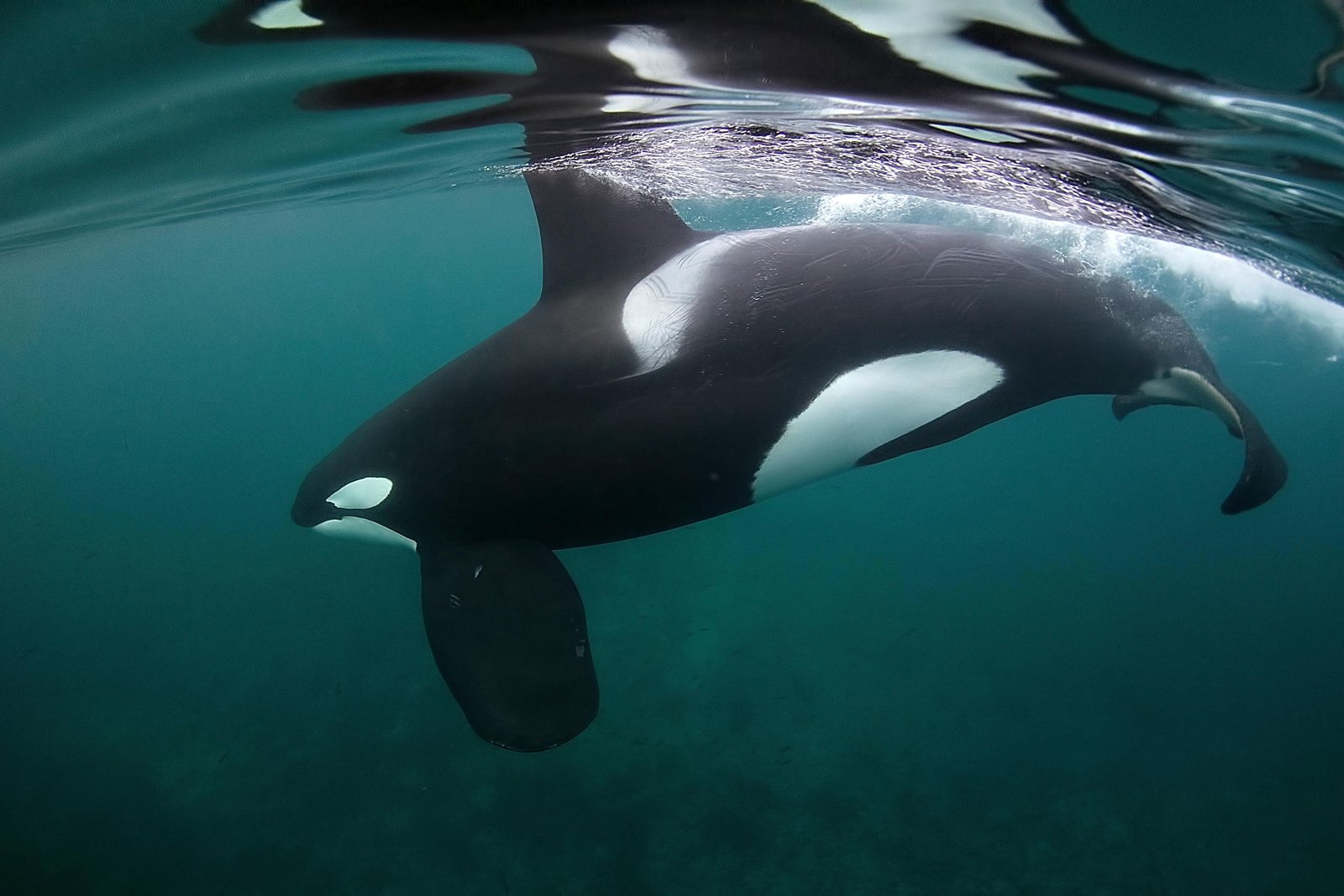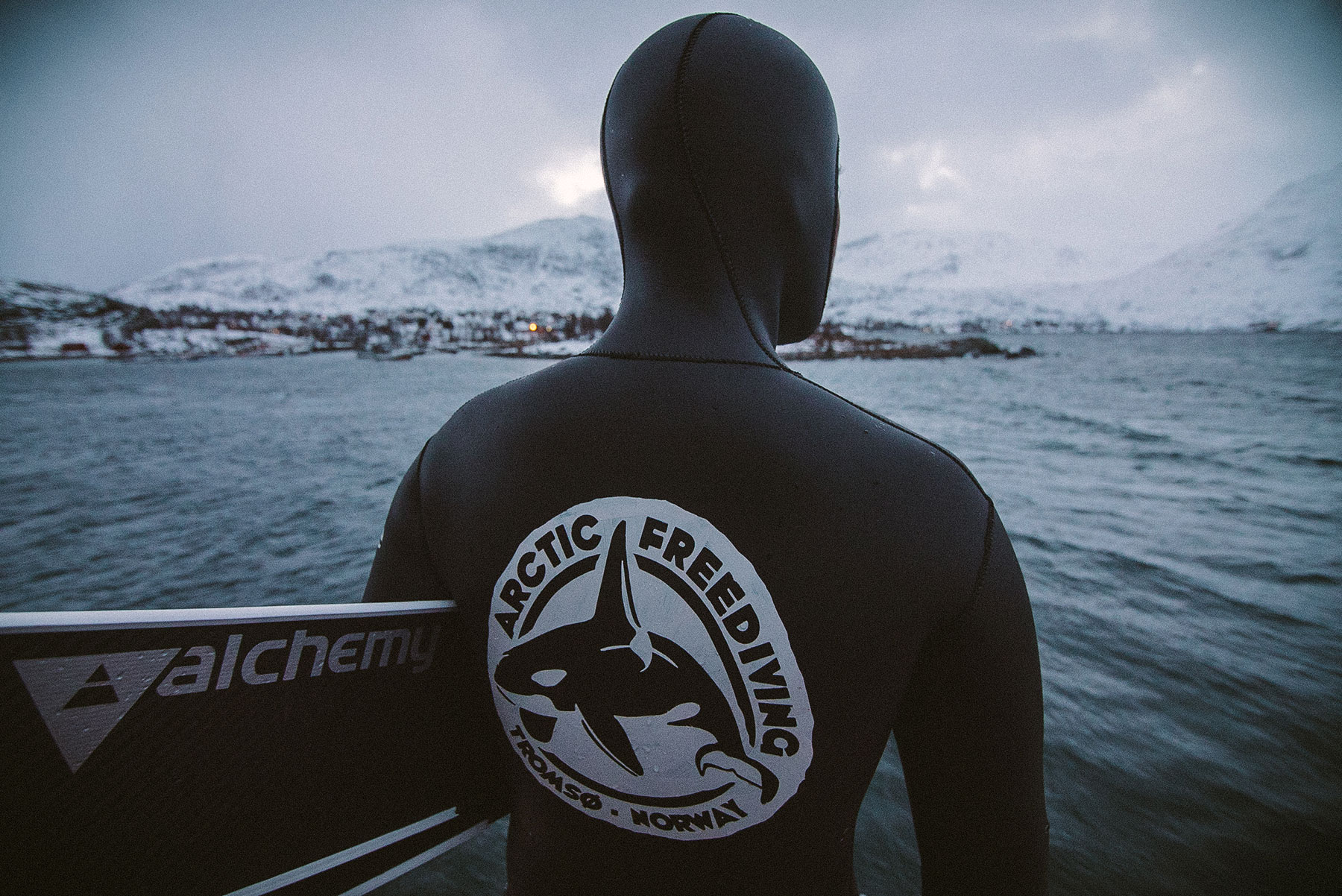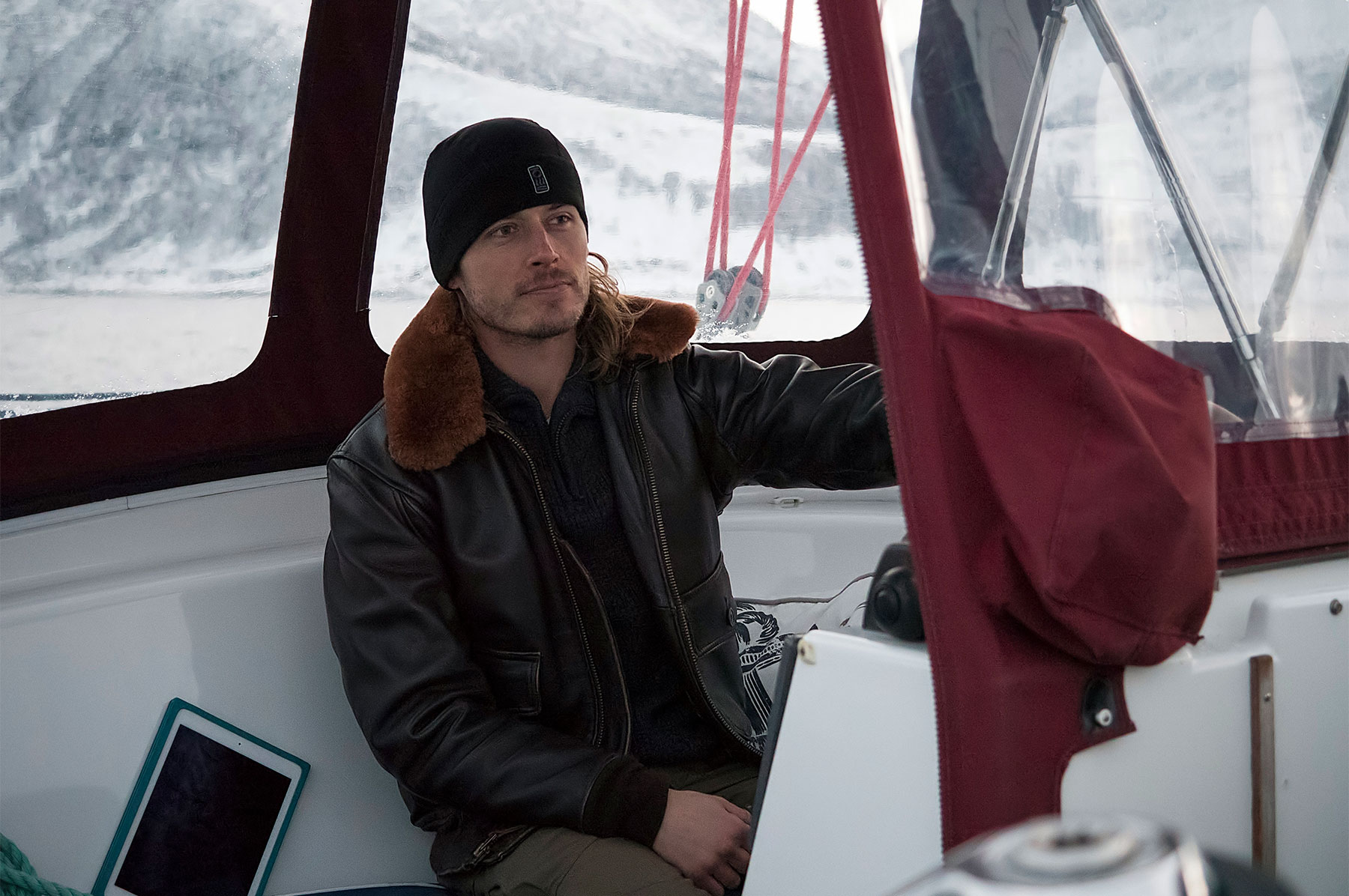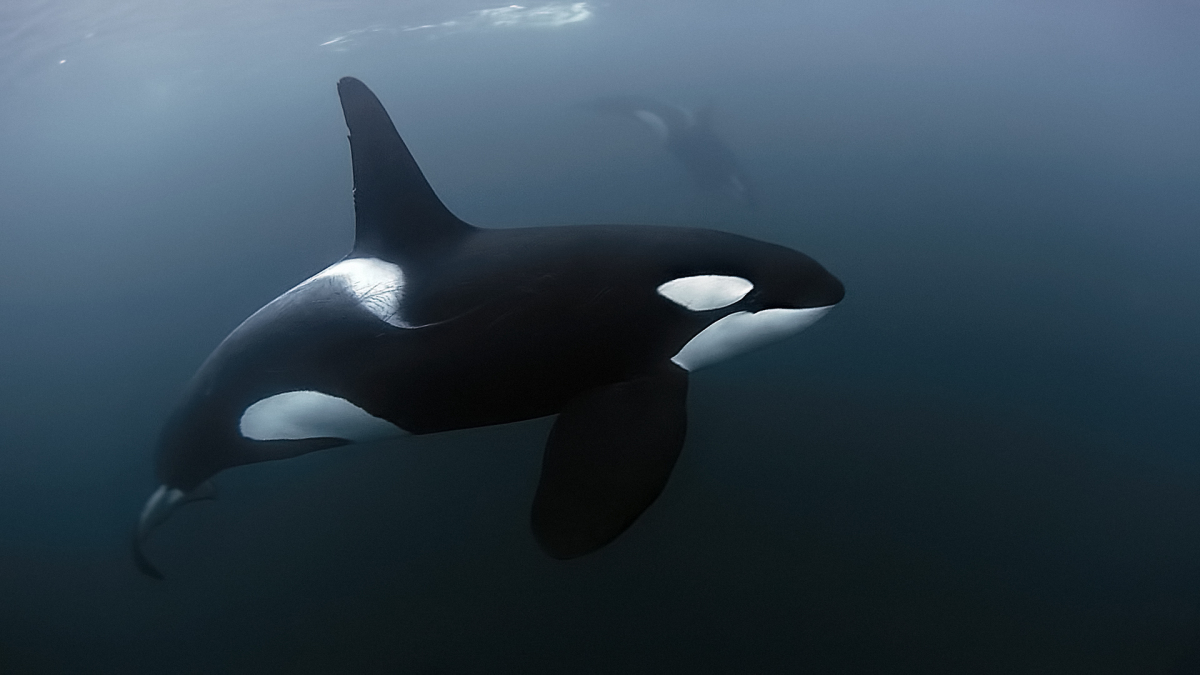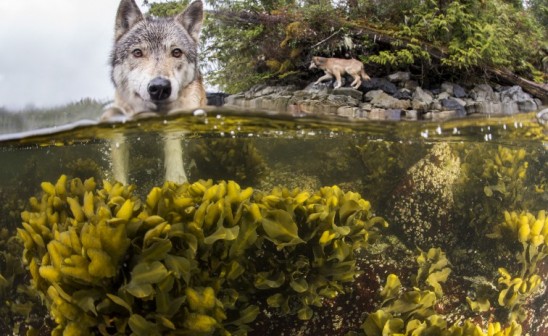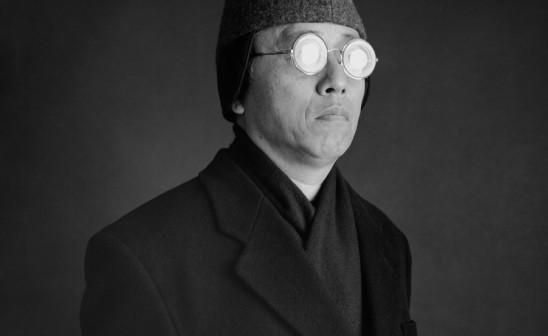It’s really humbling to have an animal that big, stop, turn and look at you before moving on. That’s really something special to experience.
Jacques De Vos describes himself as a certified freediving instructor, underwater photographer and cameraman. In other words, he spends most of his time paddling in the deep blue world’s oceans looking for orcas, these incredible creatures he fell in love with as a kid.
«I’m originally from a coastal town near Cape Town called Fish Hoek. As a kid, I always had an interest in the ocean. I wanted to become a marine biologist but I ended up working as a Chemical Engineer. I also worked in the oilfield for a few years before shifting my attention completely to all things ocean and underwater related. Few years ago, I started scuba diving, » explains South-African freediver who have always loved being underwater. « As a child I spent more time underwater than at the surface of the pool. I eventually did a formal freediving course in 2010 which is where it became a bit more serious. » His different careers have one thing in common; they are fields of artistic expressions for his fascination for the ocean. « It is impossible for me to imagine my life without the ocean. When I’m not in or near it, I’m doing something somehow related to it. It can be editing or making plans for expeditions. So I'd say it's quite an intimate relationship I have with the ocean today. »
When Jacques De Vos was young, he developed an obsession with dolphins. « Then, in 1989 my aunt gave me a book as a gift called ‘Whales, Dolphin and Seals and Their Kin’ which had an entry on orcas. This was the first image I saw of one and it immediately struck a chord. The idea of seeing one in a while from shore is something I never imagined would happen. So to see them underwater is just the further thing I ever imagined would actually happened to me. »
Today, photographer De Vos is known as the man who freedives with orcas and became an expert in finding these beautiful creatures in the ocean around the world. « No two places are alike. When diving in False Bay, Cape Town, I can be at the bottom of a lush kelp forest which is visually more stunning than any forest on land - colours, life and the unknown - or in Dahab, Egypt, where the visibility is so clear that it feels like you are flying. The ocean can be unforgiving, but as long as you respect it, even though unfamiliar, anytime spent underwater is a pleasant experience. »
On a recent expedition, Jacques De Vos spent few months in the Arctic, braving near-zero temperatures in and out of the water of the frigid fjords. « My partners (Boreal Yachting) and I run seasonal expeditions near Tromsø in northern Norway where we take guests to experience orcas and humpback whales in and underwater during the winter herring aggregation. It’s a unique way to see these stunning animals in their natural environment in one of the most beautiful places one earth. Despite the extreme temperatures, with the right equipment you can be completely oblivious to the temperatures. »
Trying to describe his first encounters with orcas in the Arctic, Jacques De Vos evokes a mix of euphoric excitement and nervousness. « It ’s different each time. They can be completely uninterested in us while feeding and won’t even give you a second glace and, in other instances, you might be the only interesting thing in the water and they will circle you while having a closer look, even being playful. Either way, it’s always a very humbling experience which never gets old, » he explains. « The first thing I do is I dive down and wait for them. Basically, you see the shapes and the shadows long before you see any fine detail. As they come closer, and I look up, you can see that, in this moment, they’re aware of me. It’s really humbling to have an animal that big, stop, turn and look at you before moving on. That’s not just an animal which is seeing something in the water and trying to avoid it, that’s genuine curiosity. That’s really something special to experience. »
Specialized in underwater photography, Jacques De Vos also listens for clicks, whistles and the multiple underwater sounds of the countless orcas through a hydrophone. « Using a hydrophone taught me that our way of vocal communication is baby noises compared to the complexity and range of orcas and whales. It’s amazing how little we still know and understand of how these animals communicate. And even more so when you realize we can not even hear or capture the majority of the frequency ranges these animals communicate it. »
In the summer 2017, Jacques De Vos and his partners will be exploring the coast around Svalbard. « We will hopefully encounter some more large marine life there as well. We hope to see some whales - blue whales, beluga, minke whales - and, of course, some Polar Bears! »
Find more infos about Jacques De Vos on his website.


